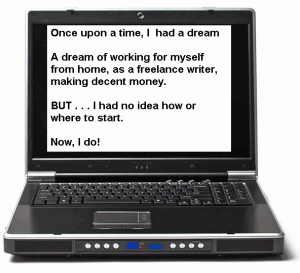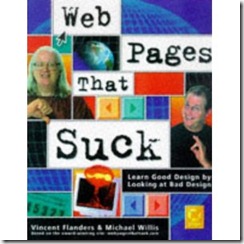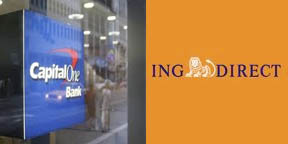Most writers generally love to write, but the introverts among us may need to get a little more outgoing when writing about ourselves. Whether sending a query letter, pitching an idea to an editor, or writing our bio for a newsletter, we often use the same old words: “Samantha is a full-time freelance writer.” Or, “Jason writes about music, sports and media.”
Whether sending a query letter, pitching an idea to an editor, or writing our bio for a newsletter, we often use the same old words: “Samantha is a full-time freelance writer.” Or, “Jason writes about music, sports and media.”
Let me suggest you take a little time this week to jazz up your bio, beef up your credentials, and spread a little enthusiasm for your work.
I stress the importance of platform when speaking with writers, especially those trying to attract the attention of an agent and publisher. A strong, polished presence on Facebook, a good blog, and lots of friends on Twitter and the laggard, Google+, seems to be the minimum requirement for the foundation of a solid visible platform.
Editors who want to hire a writer don’t want to take a chance on assigning an article without seeing your work.
In addition to sending clips, usually via web links or PDF, make sure your online presence conveys the right impression of you as a writer for hire.
Recently, I saw an ad for freelance writer/bloggers for a health/fitness site, and their platform request even required links to two of your social profiles, as well as a three-sentence description of yourself and your work.
Now that’s an exercise worth doing. First, by requiring you to prove your have some sophistication with social media, and that you’re not embarrassed to have them see your profile, and challenging you to write three really great sentences that sum up your value to them as a freelance writer.
Making money online starts with the showing how good you are. If you can bring readers, you’re ahead of other writers who apply. If you’re up for it, write a blurb, no more than 100 words about your work as a freelancer by clicking the “Comments” above, near the title of this post. Okay, I’ll go first…
BIO: Helen Gallagher blogs at Freelance-Zone.com to share her thoughts on small business and technology. She writes and speaks on publishing. Her blogs and books are accessible through www.releaseyourwriting.com. Helen is a member of ASJA, Small Publishers Artists & Writers Network, and several great Chicago-area writing groups.




